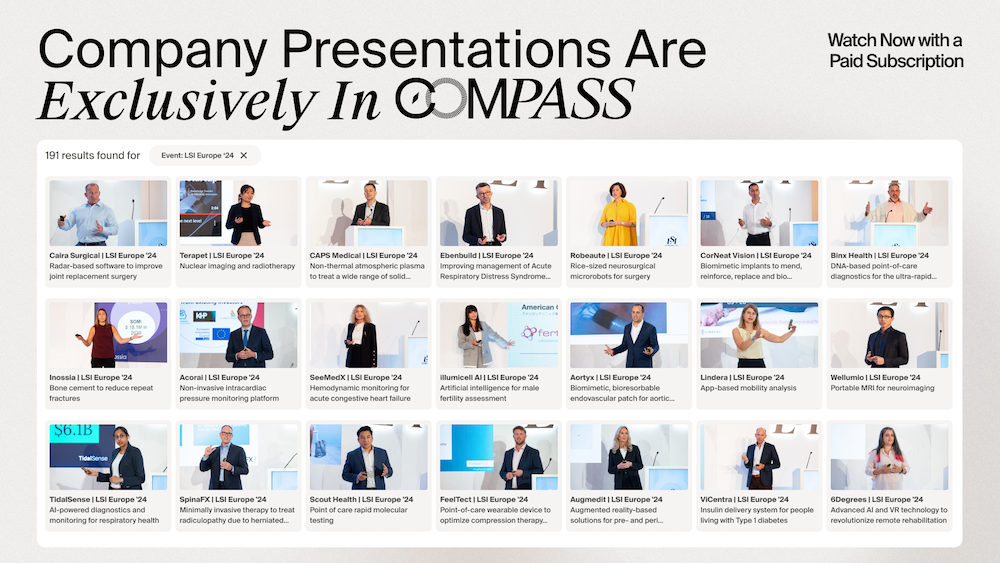- Video Library
- Idgar van Kippersluis Presents AMT Medical at LSI Europe '23
Idgar van Kippersluis Presents AMT Medical at LSI Europe '23
shaping the future of
Medtech at LSI USA ‘26
Waldorf Astoria, Monarch Beach

Idgar van Kippersluis
Idgar van Kippersluis is the Chief Financial Officer of AMT Medical B.V. An experienced entrepreneur, investor and manager, his current focus is on strategy and ultimate commercialization of the company’s ELANA Heart Bypass Technology. This includes attracting financing for the anticipated CE-marking and FDA-approval of this innovative medical device – which enables safer and less invasive heart bypass surgery.
Idgar held several senior management consulting roles (McKinsey and Bain) before becoming the founder and Managing Partner of Standard Investment - a hands-on private equity investor. He holds an INSEAD MBA Degree and a Master's Degree in Econometrics and Economics from the University of Amsterdam, the Netherlands.
Idgar van Kippersluis
Idgar van Kippersluis is the Chief Financial Officer of AMT Medical B.V. An experienced entrepreneur, investor and manager, his current focus is on strategy and ultimate commercialization of the company’s ELANA Heart Bypass Technology. This includes attracting financing for the anticipated CE-marking and FDA-approval of this innovative medical device – which enables safer and less invasive heart bypass surgery.
Idgar held several senior management consulting roles (McKinsey and Bain) before becoming the founder and Managing Partner of Standard Investment - a hands-on private equity investor. He holds an INSEAD MBA Degree and a Master's Degree in Econometrics and Economics from the University of Amsterdam, the Netherlands.

17011 Beach Blvd, Suite 500 Huntington Beach, CA 92647
714-847-3540© 2026 Life Science Intelligence, Inc., All Rights Reserved. | Privacy Policy







